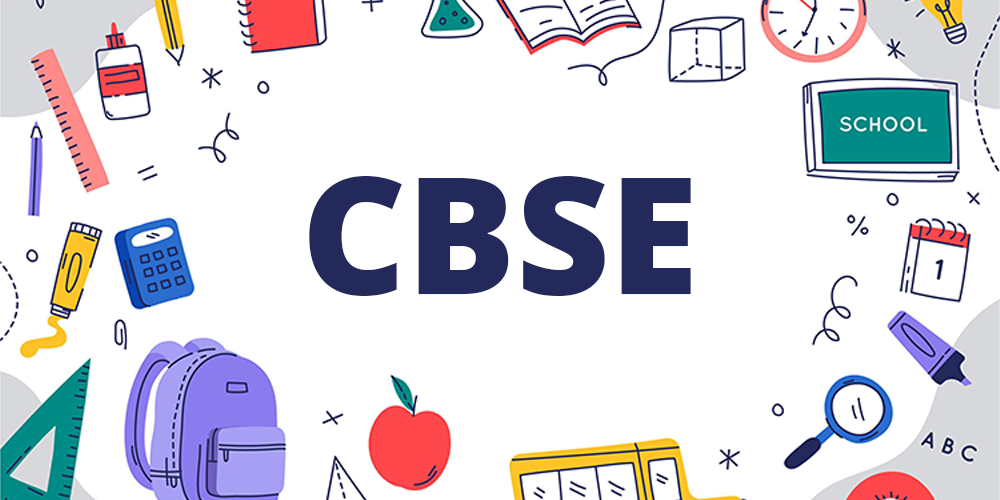CBSE Forms Committee for New Parenting Calendar for 2025-26 Session

New Delhi, January 18, 2025 - In an unprecedented move to fortify the bond between home and school, the Central Board of Secondary Education (CBSE) has announced the creation of a specialized Parenting Calendar for the upcoming academic year. This initiative, aimed at fostering a more collaborative educational environment, marks a significant milestone in CBSE's ongoing efforts to support student development through enhanced parent-teacher interactions.
Formation of the Committee
Under the stewardship of Anuradha Joshi, Principal of Sardar Patel Vidyalaya in Delhi, a diverse 10-member committee has been assembled. This team comprises educators from across India, including:
- Dr. Vikram Singh - Psychologist and Education Consultant from Mumbai, specializing in adolescent psychology.
- Ms. Priya Nair - Teacher from Kolkata, known for her innovative approaches to special education.
- Mr. Ravi Kumar - Principal from Bangalore, with a focus on educational technology and parent engagement.
- Ms. Leela Menon - Education Policy Analyst from Chennai, bringing a legal and policy perspective to the table.
- Dr. Anjali Desai - Early Childhood Education Expert from Ahmedabad.
- Mr. Amit Shah - IT Specialist from Pune, tasked with ensuring the digital aspects of the calendar are user-friendly.
Objectives and Structure of the Parenting Calendar
The calendar is designed with the following key objectives:
- Structured Parent-Teacher Meetings: Scheduled throughout the year, these meetings will go beyond the traditional parent-teacher conferences to include workshops, webinars, and one-on-one sessions focusing on student progress, challenges, and future planning.
- Tailored Support for Diverse Needs: Recognizing that students have varied needs, the calendar will include specialized sessions for parents of children with special educational needs (CWSN), those navigating adolescence, and those in crucial academic transition phases.
- Timely Communication on Key Educational Milestones: From exam schedules to behavioral and academic feedback, the calendar will ensure parents are informed well in advance, allowing for better preparation and support for their children.
- Parental Involvement in School Activities: Encouraging active participation from parents in school events, cultural activities, and even curriculum development feedback sessions.
Implementation and Timeline
The committee's immediate task is to draft a comprehensive calendar that not only lists events but also provides resources and guidelines for parents. This includes:
- Development of Educational Content: Creating modules for parents on topics like digital literacy, mental health awareness, and educational support techniques.
- Feedback Mechanisms: Establishing a system for parents to give feedback on the calendar's effectiveness, ensuring it evolves with the community's needs.
- Digital Integration: Ensuring the calendar is accessible via the CBSE portal, with features like reminders, downloadable resources, and interactive sessions.
The deadline for the committee to finalize and submit their proposal is set for March 15, 2025. Following this, CBSE plans to roll out the calendar across all affiliated schools, with a pilot phase beginning in May 2025 to gather initial feedback.
Community Response
The announcement has sparked a wave of enthusiasm among educators, parents, and students alike. Many see this as an innovative approach to modernizing education through community involvement. Parents, in particular, have expressed relief and excitement about having a clearer, more structured way to engage with their children's education.
Looking Ahead
CBSE's Parenting Calendar initiative is poised to set a new standard for educational engagement in India, potentially influencing other educational boards and institutions to adopt similar practices. As schools prepare for the new academic session, all eyes will be on how this calendar transforms parent-school relationships and, ultimately, student outcomes.
